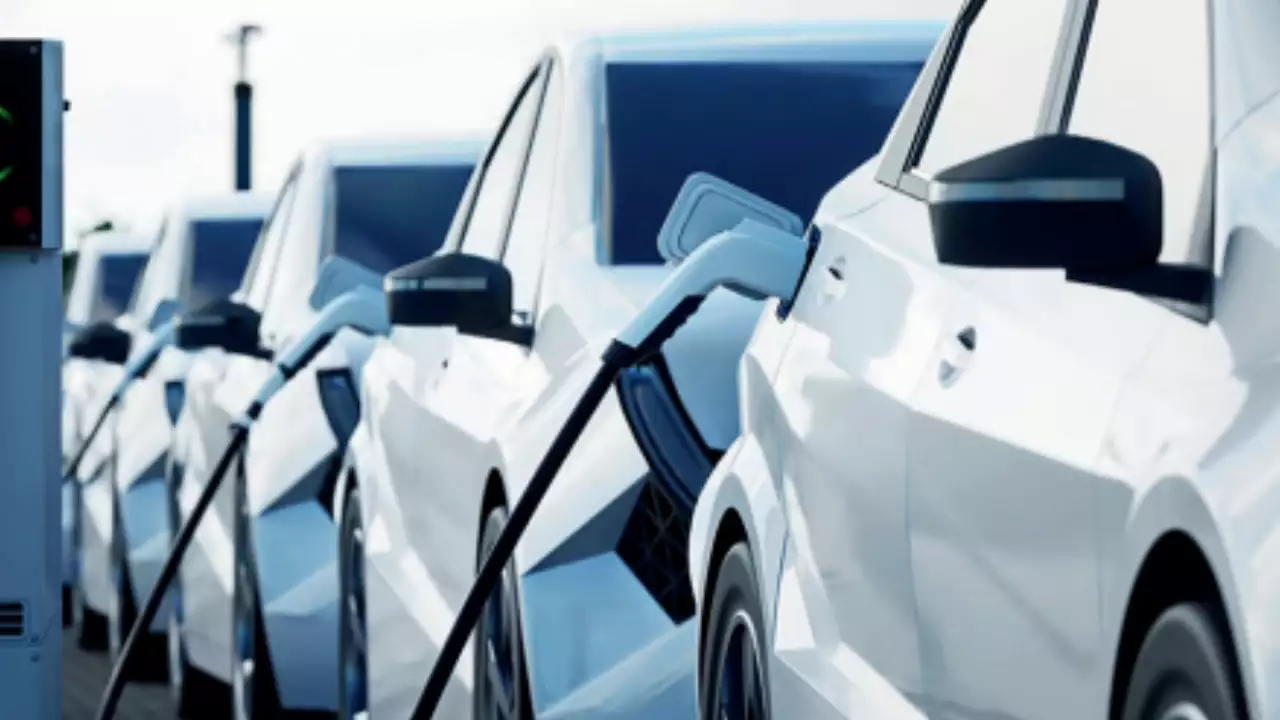
Now, the Office of the United States Trade Representative (USTR) has further extended additional tariffs duties on about half of 429 products.
In prior notices, the USTR modified the actions in the "Section 301" investigation of China's acts, policies, and practices related to technology transfer, intellectual property, and innovation by excluding additional duties on certain products of China.
The current 429 product-specific exclusions (352 previously reinstated exclusions and 77 COVID-related exclusions) are scheduled to expire on May 31, 2024.
In a new notice, the US trade regulator has announced to provide a 14-day transition period for all current exclusions, extending them through June 14, 2024, and to "extend certain exclusions through May 31, 2025".
"To allow for a transition period, the US Trade Representative is extending all of the currently expiring exclusions through June 14, 2024," it said in a statement.
Some of the products receiving continued exclusions till May 2025 include motors and medical equipment from China.
The USTD found that "extending these exclusions will support efforts to shift sourcing out of China, or provide additional time where, despite efforts to source products from alternative sources, availability of the product outside of China remains limited".
In March last year, The USTR decided to reinstate certain previously granted and extended "Section 301" tariff exclusions for Chinese products.
Former President Donald Trump had launched a trade war with China and levied additional tariffs on over USD 300 billion worth of Chinese imports, citing the so-called Section 301 of the Trade Act of 1974.
To offer relief for some companies in certain industries, Trump approved tariff exclusions for certain products.
The US President directed his trade representative to increase tariffs under Section 301 of the Trade Act of 1974 on USD 18 billion worth of imports from China.
Disclaimer: The copyright of this article belongs to the original author. Reposting this article is solely for the purpose of information dissemination and does not constitute any investment advice. If there is any infringement, please contact us immediately. We will make corrections or deletions as necessary. Thank you.





